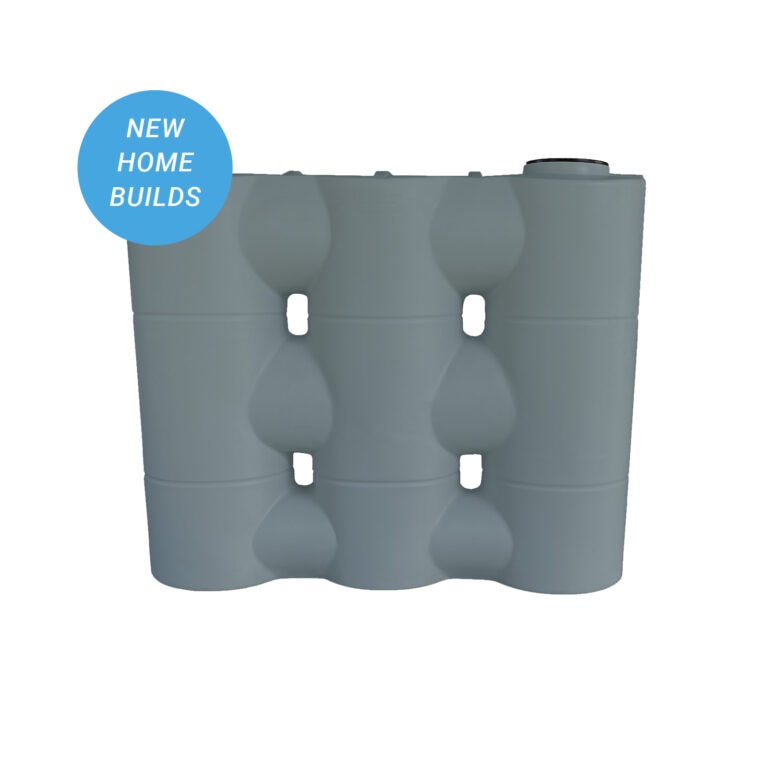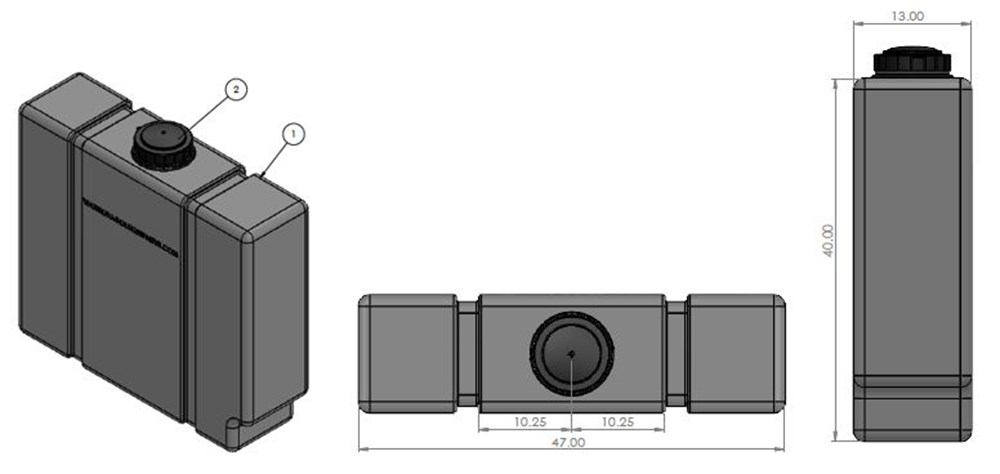Dependable Slimline Water Tanks: Maximize Your Water Storage Ability
Dependable Slimline Water Tanks: Maximize Your Water Storage Ability
Blog Article
Checking Out the Numerous Uses of Rainwater Storage Tanks for Residential and Commercial Features
As the international emphasis on lasting living methods continues to intensify, the application of rainwater tanks in both domestic and industrial settings has emerged as a relevant option. The diverse usages of rainwater containers present a compelling instance for their adoption, not just as a sensible water-saving step but also as a testimony to responsible source management.
Advantages of Using Rain Storage Tanks
Using rain containers supplies various benefits for both households and neighborhoods in regards to water conservation and sustainability. One of the essential advantages of utilizing rainwater containers is the substantial reduction in dependence on keys water supply - Slimline water tanks. By capturing and storing rain for later usage, individuals and neighborhoods can decrease their need for cured water, inevitably alleviating the burden on water treatment facilities and reducing power consumption connected with water transportation and treatment
Moreover, rain harvesting through containers offers a reliable alternate water resource during times of water limitations or shortages. This stored rainwater can be made use of for different non-potable functions such as irrigation, flushing commodes, and cleaning clothes, minimizing the pressure on traditional water resources. Additionally, making use of rainwater containers can result in cost financial savings for both households and neighborhoods by reducing water costs and reducing the requirement for pricey infrastructure developments to fulfill expanding water needs.
Basically, the application of rainwater tanks uses a lasting and eco-friendly method to water management, benefiting both specific users and the broader community in terms of water preservation, cost-efficiency, and strength.
Rain Storage Tank Usage in Irrigation
Provided the advantages of rain tanks in preserving water sources and reducing reliance on mains supply of water, a considerable application hinges on utilizing stored rainwater for irrigation objectives - Slimline water tanks. Rainwater harvesting systems can properly collect and store rain, giving a lasting water source for watering gardens, grass, and agricultural areas. By utilizing rain for irrigation, homeowner can lower their reliance on cured water sources, resulting in set you back savings and ecological advantages

One of the primary advantages of using rainwater for watering is its purity. Rain is normally soft and without the chemicals and ingredients usually discovered in keys water, making it ideal for beneficial plants without the threat of unsafe effects. Furthermore, rainwater is at ambient temperature, which can benefit plant growth by preventing temperature shocks that can take place with cold keys water.
Rainwater Storage Tanks for Toilet Flushing

Implementing rainwater storage tanks for bathroom flushing is a cost-effective and eco-friendly practice that can be conveniently integrated right into both residential and industrial homes. The saved rain can be made use of to purge toilets by connecting the storage tank to the Related Site existing plumbing system. This basic yet effective solution can substantially lower water usage in a building, specifically in locations where water shortage is a problem.

Incorporating Rain Containers in Landscape Design
These tanks can catch and keep rainwater runoff from roofings, which can after that be used for watering yards, lawns, and plants. By using rain for irrigation purposes, residential or commercial property owners can lower their reliance on community water sources, leading to set you back savings and preservation of valuable water resources.
Along with supplying a sustainable water resource for landscaping needs, rainwater tanks can likewise assist in managing stormwater drainage. By recording rainwater that would otherwise move right into storm drains, these containers can mitigate erosion, minimize flooding dangers, and prevent contamination of all-natural water bodies. Additionally, including rain tanks in landscape design can add to the general visual allure of the home, showcasing a dedication to environmental stewardship.
Business Applications of Rainwater Tanks
Utilizing rain containers in business setups provides a lasting remedy for water administration and conservation, benefiting services and the setting alike. Industrial applications of rainwater containers vary and significantly prominent because of the expense financial savings and environmental benefits they give. One key business usage is for irrigation purposes, where collected rainwater can be used to water landscaping, gardens, and farming areas surrounding industrial residential or commercial properties. This can bring about significant reductions in water bills and reliance on local water resources.
Moreover, rainwater storage tanks can explanation be incorporated into the fire suppression systems of industrial structures. By having a committed water source for firefighting purposes, organizations can enhance their fire precaution and possibly minimize insurance coverage costs. Furthermore, rainwater accumulated in containers can be treated and utilized for non-potable objectives within industrial homes, such as flushing toilets, cleansing, and cooling down systems. This not only saves fresh water resources however likewise decreases operating expense for organizations. Generally, the unification of rain containers in industrial settings offers a functional and ecologically accountable strategy to water administration.
Conclusion
To conclude, rainwater tanks use many benefits for both residential and commercial properties. From irrigation to toilet flushing and landscape design, making use of rainwater storage tanks can assist conserve look here water resources and reduce water expenses. Furthermore, incorporating rain tanks in business settings can cause substantial price financial savings and environmental advantages. In general, the flexibility and sustainability of rainwater containers make them a useful investment for any type of homeowner wanting to enhance water effectiveness.
Report this page